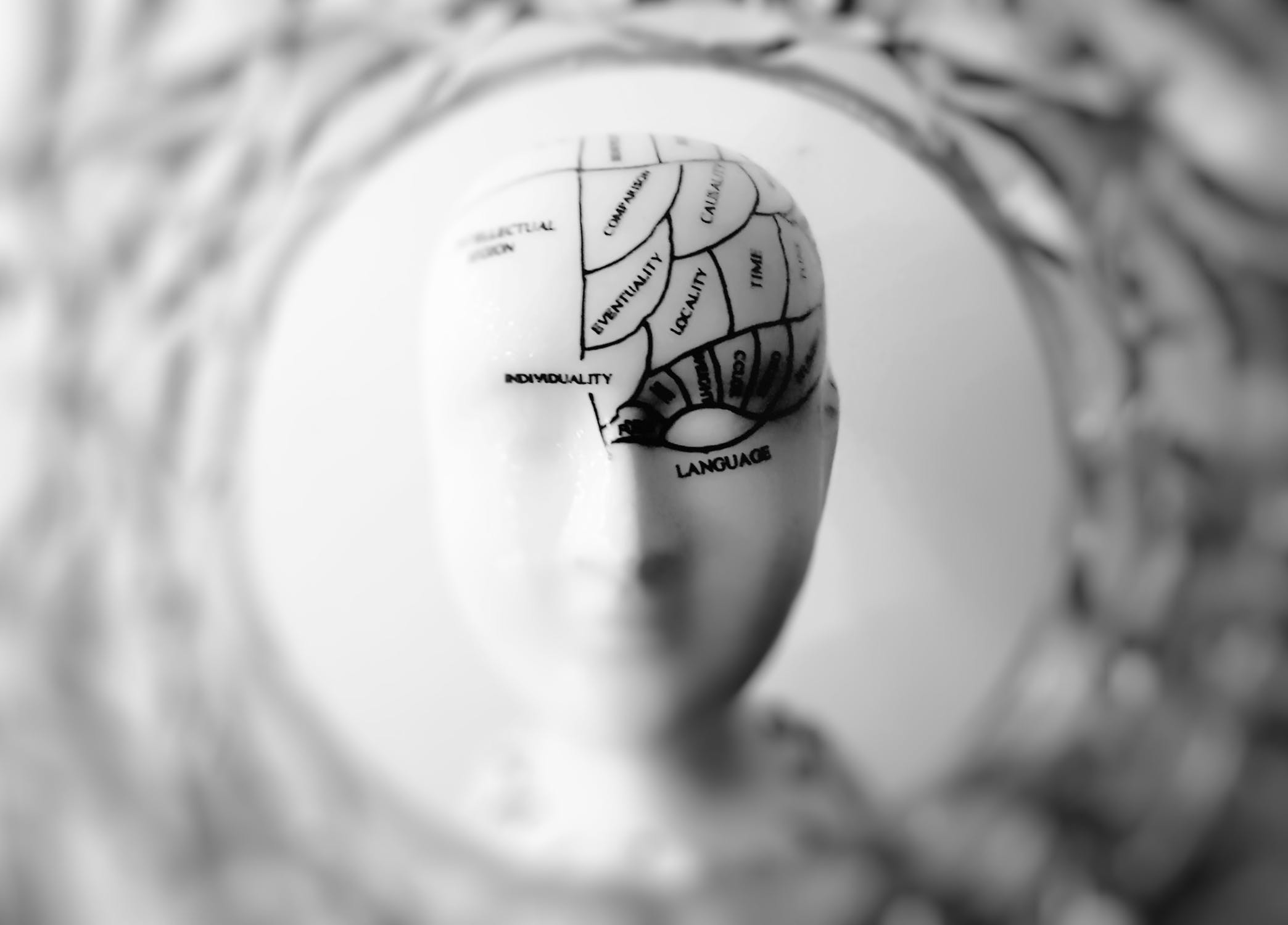
Neurofeedback with microcurrent has many advantages if you seek non-traditional ways to enhance your mental health. Mood, cognition, stress, sleep, anxiety, and emotional resilience can all benefit from this non-invasive therapy that uses low-intensity electrical currents to regulate and enhance brain function. Neurofeedback with microcurrent attempts to improve mood, cognition, stress, sleep, anxiety, and emotional resilience by establishing healthier brainwave patterns.
Increased Mood Stability
Positive effects of microcurrent on mood control have been observed. This therapy seeks to restore harmony and stability to your neural activity by focusing on some areas of the brain related to mood. Neurofeedback with microcurrent treats mental health issues like depression, anxiety, and mood disorders using mild electrical stimulation. This therapy has the ability to improve your mood and emotional well-being by reducing reactive emotions and increasing feelings of calm. As a non-invasive method of mood control, it can be tried with the supervision of a medical practitioner to see if it works in conjunction with other treatments.
Enhanced Mental Performance
There may be cognitive benefits to receiving microcurrent. This treatment plans to improve your concentration, memory, and general mental capacity by focusing on and modulating your brainwave activity. Individuals with attention deficit hyperactivity disorder (ADHD), learning disabilities, or cognitive impairments may benefit significantly from neurofeedback because it can stimulate and support healthier neural patterns by applying gentle electrical currents during sessions. You may improve your cognitive capacities and overall mental functioning by investigating this non-invasive therapy option with the help of a trained medical practitioner.
Reducing Stress
Stress can be reduced with the use of neurofeedback. This treatment can help you manage stress better by encouraging relaxation and normalizing your autonomic nervous system. Microcurrent neurofeedback uses mild electrical currents to help you relax and cope with stress more effectively by rebalancing and stabilizing your brainwave patterns. When practiced regularly, neurofeedback has shown some promise in alleviating stress-related symptoms like anxiety, irritability, and sleep disruptions. Neurofeedback is a non-invasive method of treating stress and improving mental health, and it can be explored with the help of a trained medical expert.
Superior Quality of Sleep
If your sleep quality is poor, neurofeedback can help. This treatment for sleeplessness improves sleep cycles and alleviates insomnia by stimulating specific brainwave patterns. Microcurrent sessions can help you get a better night’s sleep by regulating and optimizing your brain activity while sleeping with moderate electrical stimulation. Individuals with sleep problems due to mental health concerns may find neurofeedback especially helpful. Under the supervision of a trained medical professional, neurofeedback can be an effective supplemental method for improving sleep and overall mental health.
Lowering anxiety
Microcurrents might be able to relieve your anxiety. This treatment intends to alleviate anxious feelings by adjusting specific brainwave patterns. Neurofeedback with microcurrent sessions uses moderate electrical currents to control and balance neural activity in the brain’s parts responsible for anxiety responses. Neurofeedback with microcurrent has shown promise as a treatment for various anxiety disorders, including GAD, social anxiety, and post-traumatic stress disorder (PTSD), according to available research. Neurofeedback with microcurrent is a non-invasive method of treating anxiety and improving general health that can be explored with the help of a trained medical expert.
Stronger Emotional Fortitude
The use of neurofeedback with microcurrent has been linked to enhanced mental toughness. This treatment aims to improve patients’ resilience to emotional stress by enhancing their ability to control their brainwave activity and restore neural equilibrium. Neurofeedback with microcurrent uses mild electrical stimulation to help people achieve emotional stability and greater cognitive flexibility. Neurofeedback with microcurrent is a promising method for enhancing one’s ability to deal with adversity since it targets and modulates the underlying brain processes involved with emotional resilience. Neurofeedback with microcurrent, when used in conjunction with conventional mental health care and under the supervision of a trained professional, has the ability to boost patients’ emotional fortitude and general psychological health.
Conclusion
Many improvements to your mental health may be possible after participating in neurofeedback with microcurrent. This non-invasive treatment has improved mood management, cognition, stress reduction, sleep quality, anxiety relief, and resiliency. Neurofeedback with microcurrent is a method for enhancing neural activity and fostering more positive mental moods through the specific targeting and regulation of brainwave patterns. Neurofeedback with microcurrent offers an alternate method that may aid your overall mental health and can complement conventional interventions.


